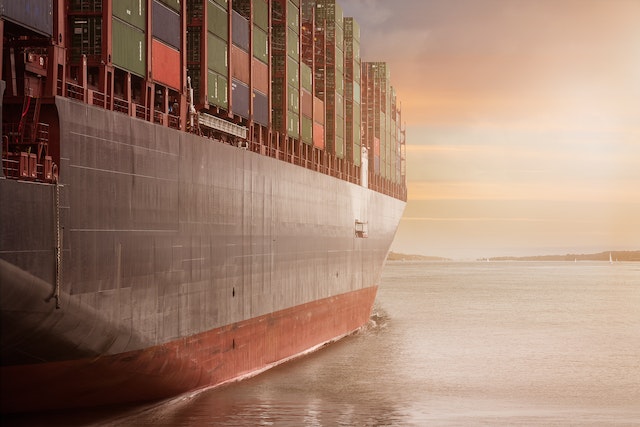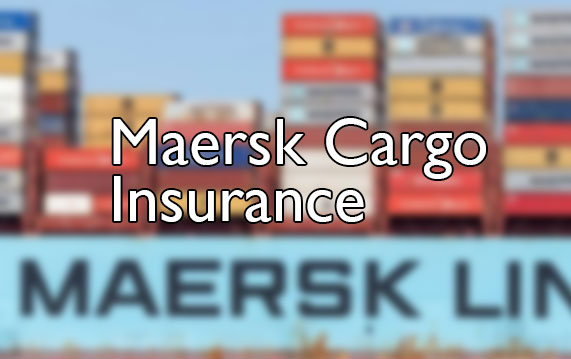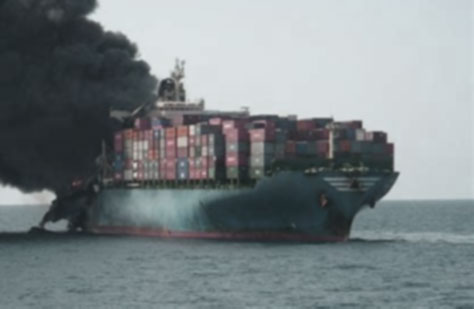 |
| Marine Insurance policy - Meaning, Types, Benefits |
What exactly is Marine Insurance?
A contract of indemnity is referred to as marine insurance. It ensures that goods shipped from the country of origin to the country of destination are insured. Marine insurance protects against the loss or damage of ships, cargo, and terminals, as well as any other mode of transportation used to transport goods between points of origin and destination.
The term came about when people started shipping goods by sea. Despite its name, marine insurance covers all modes of transportation of goods. When goods are shipped by air, for example, the insurance is known as the contract of marine cargo insurance.
The Value of Marine Insurance
Many import-export trade transactions require marine insurance. Accepting the terms, both parties are responsible for the payment of goods covered by insurance. However, the subject of marine insurance extends beyond contractual obligations, and there are several compelling reasons to purchase it before dispatching the export cargo.
Goods in transit must be insured by one of the three parties listed below:
- The Forwarding Company
- The Manufacturer
- The Supplier
Where can I obtain Marine Insurance?
The Marine Insurance Act of 1963
- Principle of Good Faith - Parties require complete trust from both the insurer and the guaranteed.
- The Proximate Cause Principle states that the proximate cause is not adjacent in time and is inefficient. Nonetheless, it is the sole and sufficient cause of loss.
- The principle of insurable interest states that any object presented as a marine risk and the assured covering the insurance of goods must be legally relevant. In addition, a series called 'Incoterms' is dedicated to respectfully assigning the insurance of goods to each party.
- Indemnity Principle - The insurance provided to the parties is only valid up to the amount of the loss. The parties are unable to purchase insurance in order to profit. If they do, they will receive no more than the actual loss.
- Contribution Principle - In some cases, the risk coverage for goods is provided by more than one insurer. In such cases, the money must be distributed fairly among the insurers.
How does Marine Insurance work?
- Goods should be packed with their safety during loading and unloading in mind.
- Packing should be adequate to withstand natural disasters to the greatest extent possible.
- When packing goods, keep in mind the possibility of clumsy handling or theft.
Marine Insurance Types
- Marine Cargo Insurance - The insurance of goods shipped from the country of origin to the country of destination is referred to as marine cargo policy.
- Freight Insurance - For example, in freight insurance, if the goods are damaged in transit, the operator will lose freight receivables, so the insurance will cover compensation for freight loss.
- Hull Insurance - The hull and torso of the transportation vehicle are covered by hull insurance. It protects the transportation from damage and accidents.
- Liability Insurance -Marine Liability insurance is purchased to cover any liability that may arise as a result of a ship collapsing or crashing.
Marine Insurance Policy Types
- Port Risk Policy - It is a policy implemented to ensure the safety of the ship while it is docked.
- Voyage Policy - A single lot or consignment can be covered by a separate policy. Every time a shipment is sent overseas, the exporter must purchase insurance coverage. The disadvantage is that each time an exporter sends a consignment, extra effort and time are required. Open policies, on the other hand, automatically insure shipments.
- Blanket Policy - The owner of this policy must pay the maximum protection amount when purchasing the policy.
- Time Policy - A time policy in marine insurance is typically issued for a year. One can issue for more than a year or to complete a specific journey. However, it is usually for a limited time. In India, time policies can only be issued once a year under marine insurance.
- Mixed Policy - A mixed policy is a combination of two policies, namely the Voyage policy and the Time policy.
- Floating Policy - Large exporters may choose an open policy, also known as a blanket policy, instead of taking insurance separately for each shipment when float in Marine Insurance policy. An open policy is a one-time insurance policy that covers all shipments made during the agreed-upon period, which is usually a year. The exporter may be required to declare the details of all shipments made during the period, such as the type of goods, modes of transport, destinations, and so on, on a regular basis (say, once a month).
- Named Policy - The named policy is one of the most popular marine insurance policies. The name of the ship appears in the insurance document, which states that the policy issued is in the name of the ship.
- Fleet Policy - A single policy covers several ships owned by the company/owner. It has the advantage of covering even older ships. Furthermore, the policy is time-bound.
- Single Vessel Policy - A single vessel policy covers only one vessel under a marine insurance policy.
Which clauses deal with Marine Insurance?
- The Institute Cargo Clause C provides basic coverage with a limited list of risk covers. It protects the shipment against events such as fire, cargo discharge in the event of distress, explosion, and accidents such as sinking, capsizing, derailment, collision, and so on.
- The Institute Cargo clause B adds an extra layer of security. It not only includes all of the risk covers provided in Clause C, but it also protects the shipment from events such as earthquakes, volcanic eruptions, and damage caused by rainwater, seawater, river water, and so on, as well as loss of package overboard or during loading and unloading.
- The Institute Cargo Clause A provides the most comprehensive coverage, as it covers all risks of loss or damage to the goods. Aside from the risks covered by Clauses B and C, it also covers losses caused by breakage, chipping, denting, bruising, theft, non-delivery, all water damage, and other similar incidents.
- Warfare, strikes, riots, and civil unrest are not covered by the institute cargo clauses. However, the insurer may provide this coverage in exchange for a higher marine insurance premium.
- In terms of marine insurance coverage, there are three types of marine insurance clauses: Institute Cargo Clauses A, B, and C. Clause A provides the most comprehensive coverage, while Clause C provides the most basic risk coverage.
What is the distinction between fire insurance and marine insurance?
Maersk Cargo Insurance
 |
| Maersk Cargo Insurance |
Complete protection
Covered risks
- Loss or damage to cargo during end-to-end transportation, regardless of transport provider General Average (GA)
- War and strike dangers
- With a few exceptions in dry and refrigerated cargo, almost all commodities
- To and from any non-sanctioned country
- Container deterioration (above 500 USD for Maersk dry containers)
- Purchase per shipment.
- Sign a contract right away.


Post a Comment for "Marine Insurance policy - Meaning, Types, Benefits"